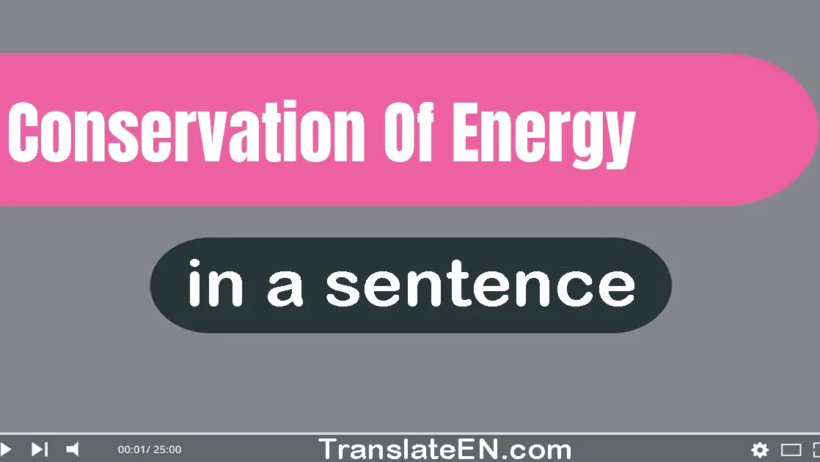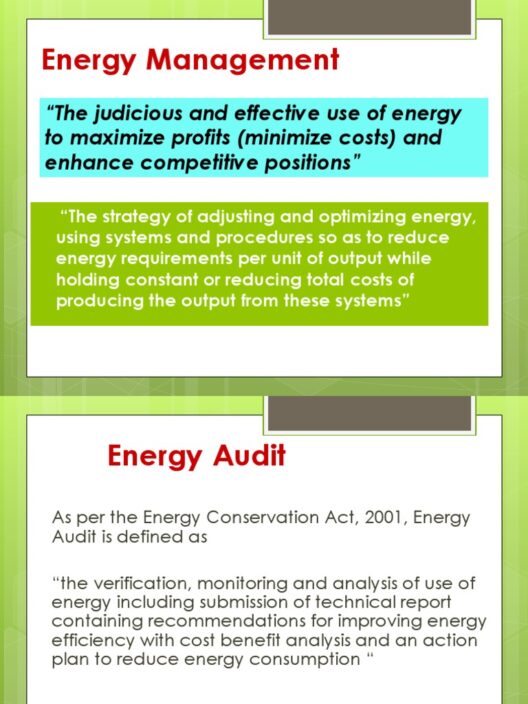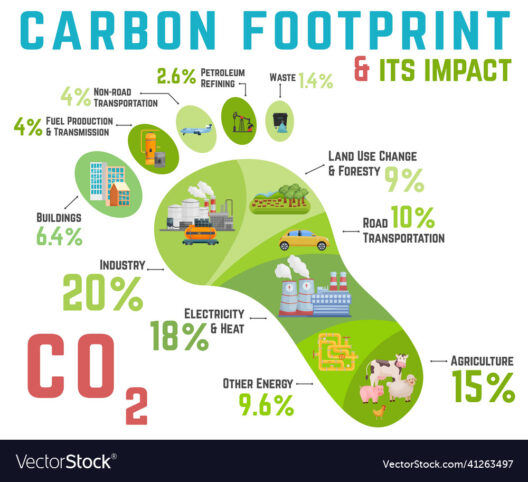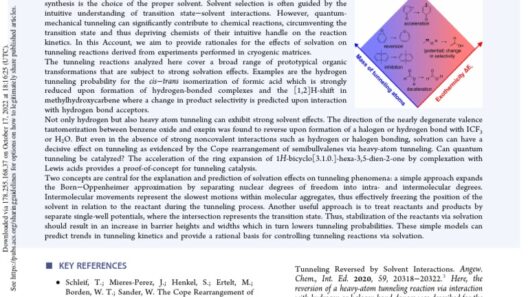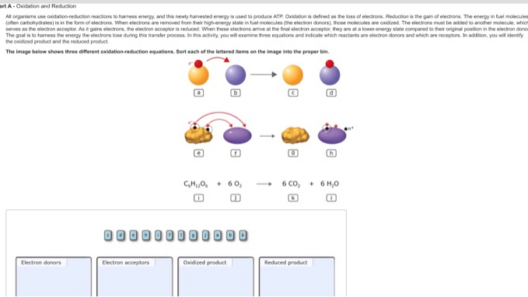Energy conservation can be encapsulated in one poignant sentence: “Using less energy to provide the same service is key to a sustainable future.” This statement, though deceptively simple, underscores a multifaceted approach to resource management and environmental stewardship that warrants deeper contemplation.
The phrase “using less energy” directly invokes the essence of conservation. In an age characterized by rampant consumption and exponential technological advancement, the challenge is not merely about producing energy efficiently but also minimizing wastefulness. It is incumbent upon us to recognize that each action, whether mundane or monumental, contributes to a collective energy footprint.
Conservation of energy involves a profound understanding of how and why we utilize energy in the first place. It prompts a critical evaluation of our habits, stimulating necessary discourse about practices often taken for granted. For instance, consider the ubiquitous habit of leaving lights on in unoccupied rooms. This common oversight may appear trivial, yet it epitomizes a larger systemic issue regarding energy awareness. By simply switching off lights, we embark on a path to accountability. Such acts may seem minuscule; however, they aggregate into significant energy savings when proliferated across communities and societies.
Delving deeper into the rationale behind energy conservation reveals several compelling reasons. The foremost consideration is environmental impact. The excessive consumption of energy is intricately linked to greenhouse gas emissions, which exacerbate climate change. The consensus among scientists is irrefutable: mitigating these emissions through energy conservation can yield substantial ecological benefits. By reducing energy demand, we lessen the strain on power plants, leading to decreased reliance on fossil fuels, which sit at the nexus of environmental degradation.
Another salient point is economic sustainability. Energy wastage constitutes a silent adversary to financial stability. Households and businesses that adopt energy-efficient practices frequently realize a noteworthy decrease in utility bills. Such financial relief not only enhances individual economic comfort but also fosters a resilient community ethos. The cumulative economic impact of energy conservation cannot be overstated; reduced operational costs enable reinvestment into other critical ventures such as education, health care, and infrastructure by redirecting otherwise squandered resources.
Moreover, the societal implications of energy conservation merit attention. In an interconnected world, the principles of energy usage transcend individual lifestyles. Business practices that prioritize sustainability have the potential to influence consumer behaviors, propagate eco-friendly norms, and spur legislative changes. Corporations that adopt energy-efficient technologies not only bolster their brand image but also set a precedent for responsible stewardship. This, in turn, empowers consumers to embrace sustainable practices, fostering a cultural shift towards conservation that transcends generational divides.
The fascination with energy conservation also stems from its inherent simplicity. While intricate technologies and complex systems often dominate the dialogue surrounding energy production, the core concept of conservation is intuitive. It evokes a sense of empowerment; individuals can enact change without necessitating extensive resources or large-scale interventions. This accessibility engenders a sense of personal agency that galvanizes grassroots movements, aligning perfectly with the ethos of modern activism. Such movements hinge on the idea that collective efforts can manifest significant environmental transformation.
Furthermore, technological advancements augment energy conservation efforts. The proliferation of smart home devices exemplifies this shift. Technologies enabling the monitoring and management of energy usage have democratized access to energy information. Home automation systems can reduce energy consumption without sacrificing comfort, reinforcing the notion that conservation does not equate with deprivation. Yet, amidst the promise of these innovations, one must remain mindful of the implications associated with increased energy demands for technology itself. Thus, the duality of advancement and conservation must be carefully balanced.
While energy conservation is indeed a personal and localized endeavor, its ramifications span far beyond. Global population growth exacerbates existing energy demands, necessitating a collaborative, international approach to conservation. Current diplomatic dialogues on climate change and sustainable development hinge on a shared commitment to reducing energy consumption worldwide. The transnational nature of climate change asserts that energy conservation is not solely a national concern but a universal imperative.
Education represents a cornerstone in fostering a culture of energy conservation. Enlightening communities about the crucial nexus between energy, environment, and economics can galvanize action. Comprehensive educational frameworks advocating for energy literacy can envelop children and adults alike, equipping them with the tools needed to champion conservation efforts in their daily lives. By embedding these principles within the educational paradigms, societies can cultivate a generation that prioritizes sustainability as a fundamental tenet.
In conclusion, the essence of energy conservation distilled into a single sentence—“Using less energy to provide the same service is key to a sustainable future”—resonates as a call to action for individuals and communities alike. It urges us to transcend passive consumption and adopt an informed, proactive stance on how we utilize energy. Through mindful practices, technological integration, and robust educational initiatives, we can fortify our environmental, economic, and societal foundations, paving the way toward a more sustainable future. The impetus for change lies within us; it is time to recognize the magnitude of our choices and their implications on the world around us.



